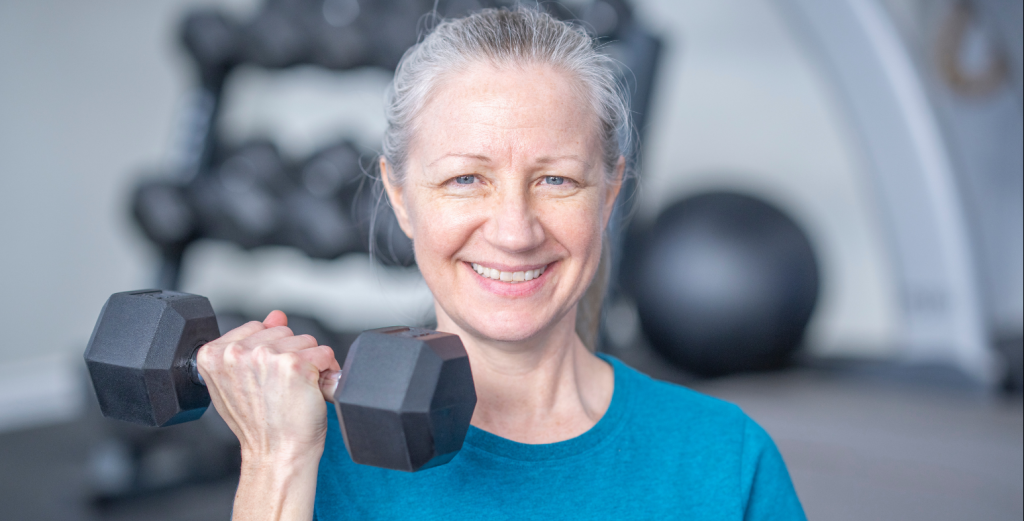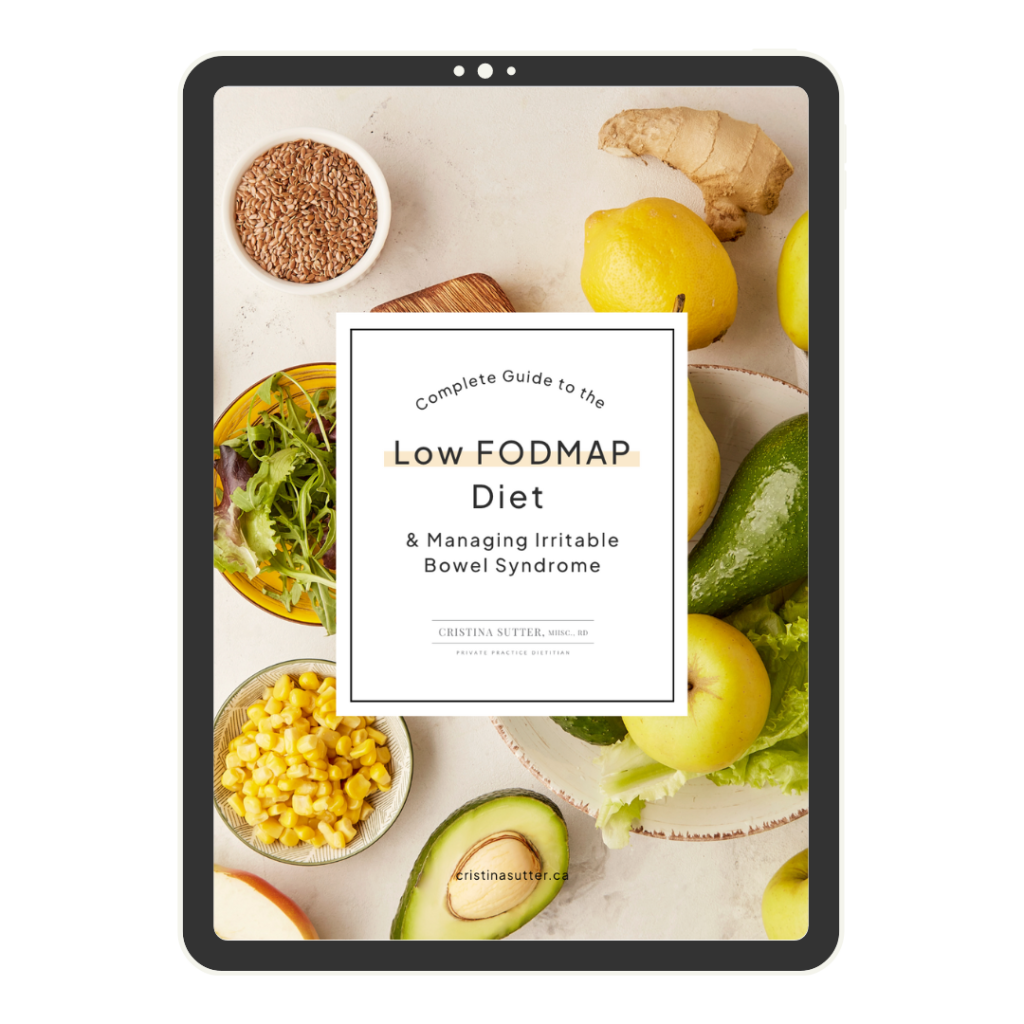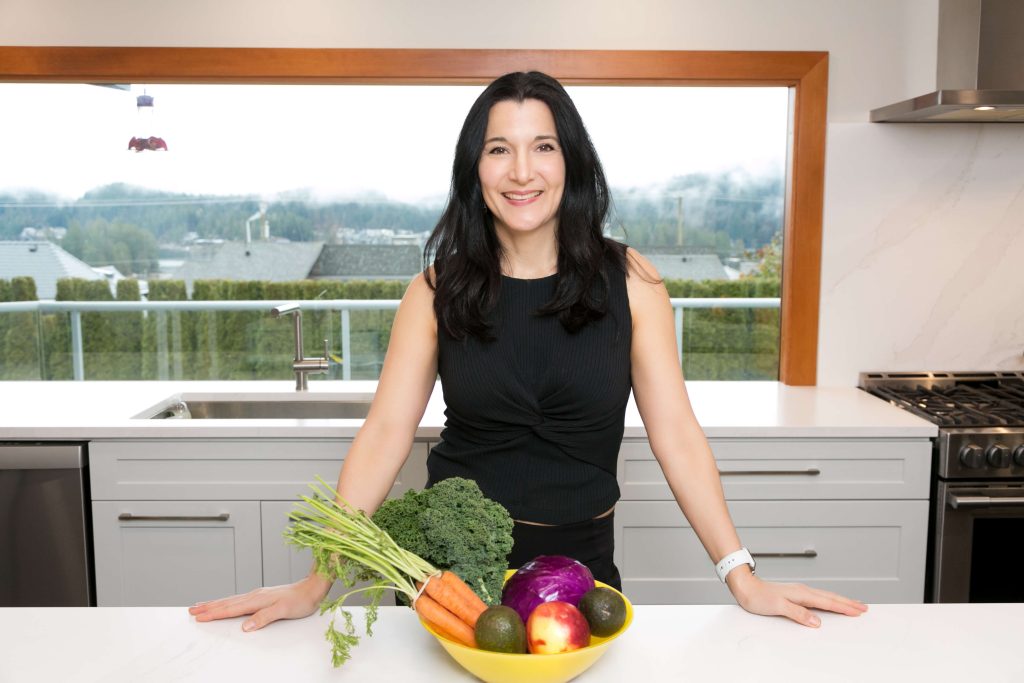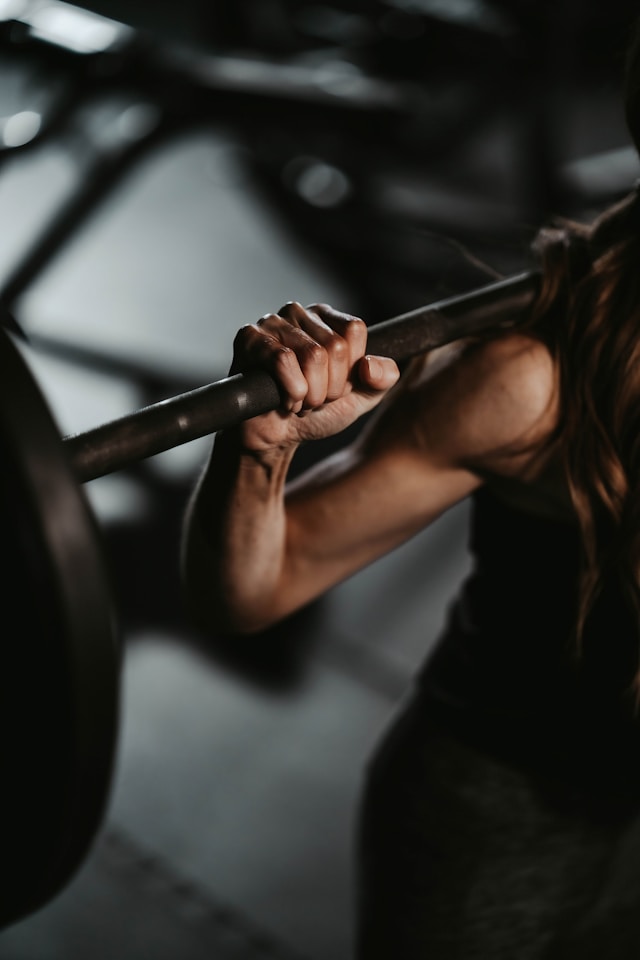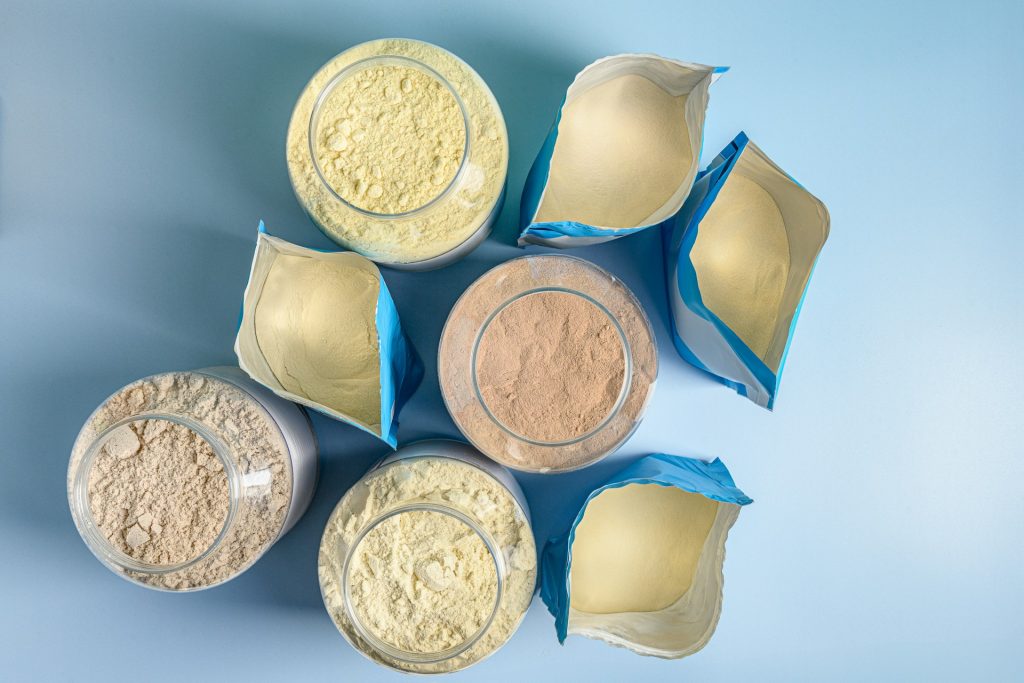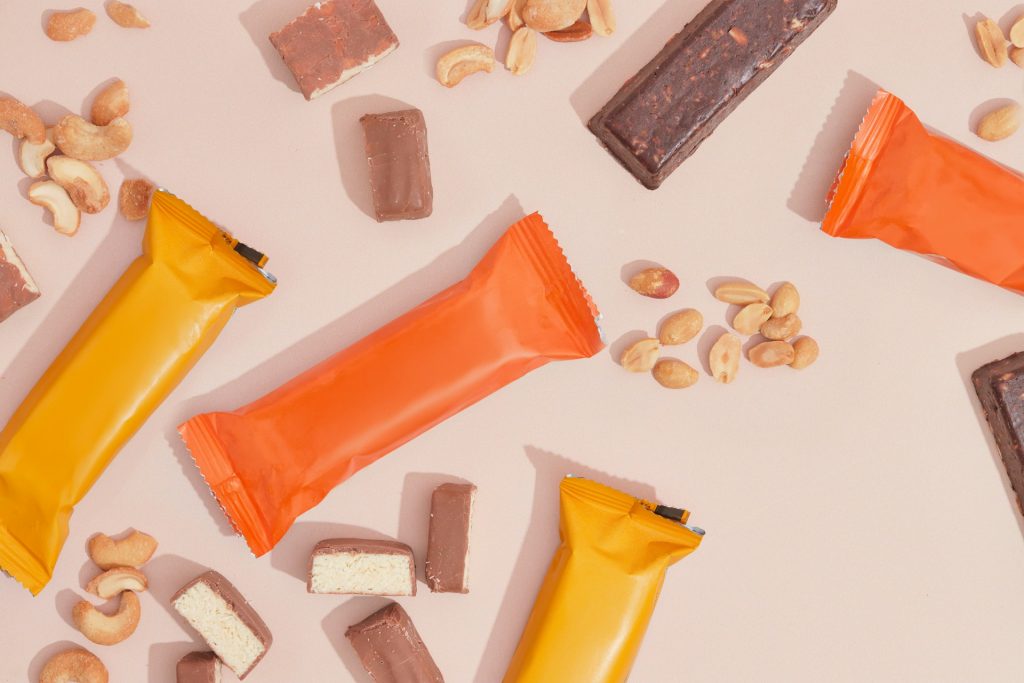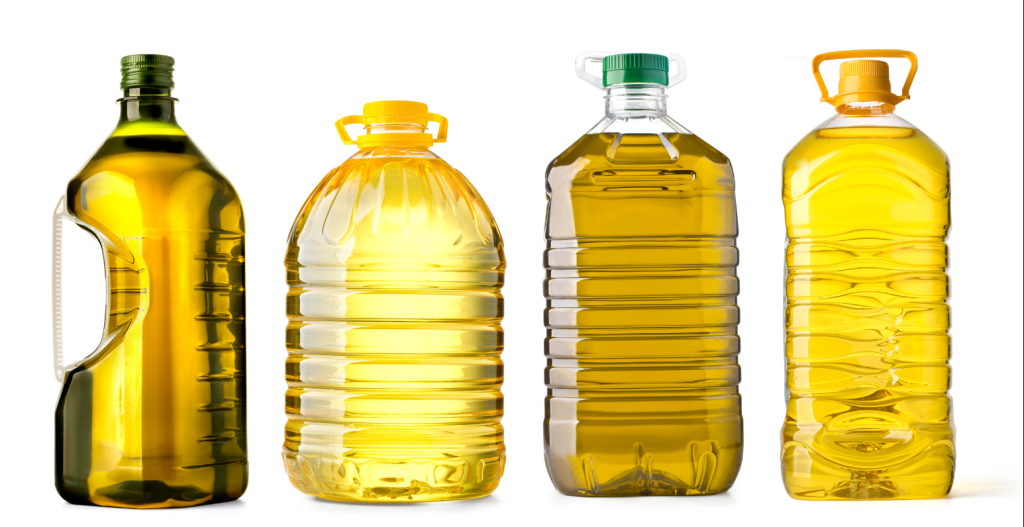Protein intake becomes increasingly important as women transition through menopause. From preventing muscle loss to aiding in weight management, understanding how much protein you need during menopause can help you maintain your health and fitness during this stage.
Why Protein is Essential for Active Women
Protein helps to build and repair muscles, tendons, bones and metabolic proteins. We need a steady stream of amino acids, the protein building blocks, alongside weight training to stimulate muscle adaptation. Estrogen is a powerful muscle and bone builder in women and experts believe that perimenopause presents an opportunity to prevent a drop in muscle. Consuming more protein may help prevent the muscle loss that accompanies lower estrogen levels in perimenopause.
How Much Protein Do You Need During Menopause?
Protein Recommendations for Active Individuals
The ACSM Joint Position Statement recommends that athletes and active individuals need an optimal protein intake in the range of 1.3-1.8 g protein per kg body weight per day. Although there are no specific protein recommendations for active women to prevent muscle loss and optimize body composition changes, existing data suggest that active women should consume a minimum of 1.6 g protein/kg/day of protein.
Active women benefit from 1.6g protein/kg/day.
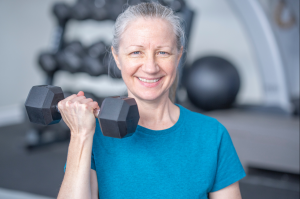
Protein Recommendations for Middle Age
We have higher protein needs as we age because our muscles have a lower response to both amino acid and insulin levels. To help older adults maintain and regain lean body mass and function, an internationally appointed group of scientists called the PROT-AGE Study Group recommend that older adults consume 1.0 to 1.2 g protein /kg/day.
Our bodies need more protein to maintain muscle as we age.
Added to the impact of aging, when estrogen levels drop during perimenopause we see a tandem drop in women’s muscle mass and bone density. Post-menopause, it takes a higher amount of protein to stimulate muscle building [64]. Estrogen is a powerful muscle and bone builder in women and experts believe that perimenopause presents an opportunity to prevent a drop in muscle.
Estrogen is our muscle-building hormone, without which we lose muscle.
Studies have shown that post-menopausal women who eat lower amounts of protein experience sarcopenia, a loss in muscle mass and strength.
If we don’t eat enough protein, we lose muscle strength.
Beyond protein needs to prevent muscle loss, researchers from the University of Sydney’s Charles Perkins Centre suggest that eating more protein may prevent excessive weight gain during perimenopause. In their concept paper, they theorize that the body’s need for more protein drives a higher appetite during perimenopause, introducing the concept of ‘The Protein Leverage Effect.’
Consuming more protein is linked to less weight and fat gain through perimenopause.
Consume More Protein While You are on a Weight Loss Diet
If you are on a diet, you need more protein during menopause. Dr Stuart Phillips recommends even higher protein levels of 1.8–2.0 g protein /kg/day to prevent muscle loss while we are on a low-calorie diet. This was confirmed in a randomized control trial in 2023 that showed that having 35g of whey protein after strength training promotes muscle growth in postmenopausal women while on a low-calorie diet.
Women on a weight loss diet should eat 1.8-2.0g protein/kg/day to prevent muscle loss.
Numerous studies have shown that a 2:1 ratio of carbs to protein promotes weight loss and fat loss while supporting muscle gain [67,68,69]. This ratio supports a higher protein intake while supporting lower carbohydrate needs to optimize fat oxidation.
If you are on a diet, have at least 1.6g protein/kg/day and 3.2g carbs/kg/day to lose fat and gain muscle.
If you’re looking for ways to lose weight or body fat during menopause, check out these articles:
Top Five Strategies to Fight Menopause Weight Gain.
10 Healthy Habits to Lose Weight and Keep It Off, Without Going on a Diet.
Is Intermittent Fasting Helpful for Women during Perimenopause?
When to Eat Protein for Maximum Benefits
A scientific review of protein doses to maximize muscle gains during resistance exercise, concluded that adults need 0.4 g/kg of high-quality protein after training and 3-4 times throughout the day to meet a daily target of 1.6 g/kg/day.
Adults need 0.4g protein/kg after training and at each meal, 3-4 times a day to maximize muscle building.
Expert opinion on the optimal protein intake for athletes also recommends protein intakes in the range of 1.3–1.8 g protein per kg per day, consumed as 3–4 meals, to maximize muscle building.
How Much Protein Do Women Actually Consume?
According to an observational study, the average protein intake among healthy post-menopausal women is 72g protein (1.1 g protein per kg per day). This is pretty good, but 25% of the women consumed less than the minimal RDA of 0.8 g/kg/d protein.
25% of healthy postmenopausal women do not reach the minimal RDA of protein.
Despite the importance of protein, women tend to eat a lot less protein during perimenopause and post-menopause, compared to pre-menopause. A small study by Willougby et al. published in 2024 observed that post-menopausal women were getting 0.81 g protein per kg per day, just 55% of the average intake of 1.47g protein per kg per day that pre-menopausal women consume.
Perimenopausal women consume less protein, compared to in their premenopausal years.
Leucine and Muscle Health
Leucine is a key essential amino acid (EAA) that is needed to build muscle. Leucine is a building block for protein synthesis and also acts as a trigger for protein synthesis in muscle (29–32).
Postmenopause, our muscles are less responsive to protein, but we can stimulate muscle building with higher amounts of EAAs including leucine. A scientific review of the nutrition needs of perimenopausal women recommends an EAA supplement to prevent muscle loss with age.
A study demonstrating the consumption of 20g of whey protein versus 3g leucine-enriched EAAs in older women found both protein types equally effective and building muscle. So taking EAAs may work just as well compared with whey protein, in middle-aged and older women.
Key takeaway: Taking a Leucine-rich EAA supplement works as well as a scoop of whey protein in menopausal women.
Tips for Incorporating More Protein in Your Diet
Here are the top strategies to add protein in your diet.
1. Don’t mistake fat for protein.
While nuts, cheese, nut butter and avocado are nutritious foods, they do not contain significant portions of protein.
Include a high protein food in each meal such as:
- Eggs and egg white
- Tofu
- Chicken
- Lean meat
- Bone broth
- Edamame
- Lentils, chickpeas and legumes
- Fish: tuna, salmon, cod, sardines
- Seafood such as prawns
- Cottage cheese
- Greek or SKYR yogurt
- Paneer
- Protein powder
2. Include Protein Rich Snacks.
Leverage protein rich snacks to boost your overall protein intake for the day.
Great protein rich snacks include:
- Tuna + crackers
- SKYR yogurt + berries
- Cottage cheese + fruit
- Protein muffin
- Protein pancake
- Protein bar
- Boiled eggs
- Protein shake
- Jerky
- Roasted chickpeas
- Airfried tofu
- Egg bites
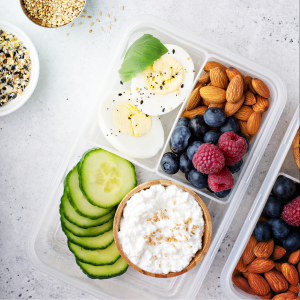
3. Double the protein when it’s vegetarian.
Many vegan sources of protein are relatively small or may not have all the essential amino acids to form a complete protein and be useful in the body.
You can reach your protein target by combining two different vegan protein sources in one meal.
- Quinoa + chickpeas
- Hemp hearts + nut butter + apple
- Chia seeds + oats + soy milk
- Beans + eggs
- Lentil soup + hummus + crackers
- Almonds + pumpkin seeds
- Roasted chickpeas + nutritional yeast
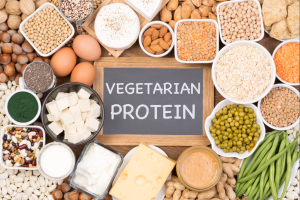
4. Stock up on Easy Proteins.
When you are in a hurry, grab one of these ready to go protein foods and serve alongside your meal:
- Boiled eggs
- Rotisserie chicken
- Can tuna
- SKYR or Greek yogurt
- Egg bites
- Bean salad
- Protein bar
- Cottage cheese
- Protein Muffins
Meeting your protein needs during menopause is essential for maintaining muscle, managing weight, and staying healthy. For more about how to manage weight gain in perimenopause, check out Top Five Strategies to Fight Menopause Weight Gain. By making protein a priority, you can navigate this stage with strength and confidence. Want personalized advice on your nutrition during menopause? Book a consultation with one of our expert dietitians today!
FAQ
Can I get enough protein from plant-based sources?
Many plant based sources of protein are relatively small or are incomplete, which means they are missing some of the rate limiting essential amino acids needed to be useful in the body. Because plant proteins are not as easily digested and are less bioavailable, you need to eat 25% more protein than the recommended amounts.
You can reach your protein target by combining two different vegan protein sources in one meal, for example:
- Quinoa + chickpeas
- Hemp hearts + nut butter + apple
- Chia seeds + oats + soy milk
- Beans + eggs
- Lentil soup + hummus + crackers
- Almonds + pumpkin seeds
- Roasted chickpeas + nutritional yeast
What are the best protein sources for menopausal women?
The best protein sources for menopausal women include:
- Eggs and egg white
- Tofu
- Chicken
- Lean meat
- Bone broth
- Edamame
- Lentils, chickpeas and legumes
- Fish: tuna, salmon, cod, sardines
- Seafood such as prawns
- Cottage cheese
- Greek or SKYR yogurt
- Paneer
- Protein powder

